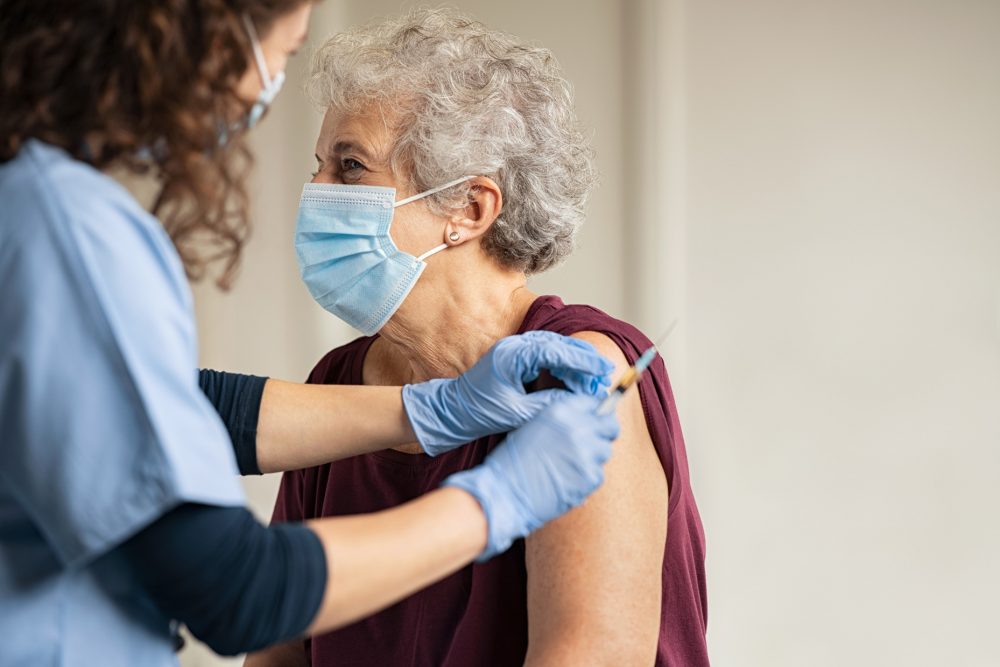Advertisment
COVID-19 vaccination does not appear to raise stroke or heart attack risk for patients with cardiovascular disease

Vaccination for COVID-19 does not appear to increase the risk of heart attack or stroke in patients with established cardiovascular disease, researchers reported on June 23, 2022 in Cardiovascular Research.
“Our study showed that pre-existing cardiovascular disease should not prevent people from getting vaccinated against COVID-19,” said study author Dr. Esther W. Chan of the Li Ka Shing Faculty of Medicine, The University of Hong Kong, Hong Kong Special Administrative Region, China. “Vaccination is particularly important for this group since cardiovascular disease is associated with worse outcomes and a higher risk of death after COVID-19 infection.”
As background, the authors noted that this study was the first to look for associations between COVID-19 vaccines and major adverse cardiovascular events (MACE) in patients with cardiovascular disease.
MACE is a composite of myocardial infarction, stroke, revascularization, and cardiovascular death.
The study focused on the vaccines BNT162b2 and CoronaVac, the only COVID-19 vaccines approved in Hong Kong.
Linking health records from the Hong Kong Hospital Authority to vaccination records from the Department of Health, the investigators identified individuals with a history of CVD before 23 February 2021 and a diagnosis of MACE between 23 February 2021 and 31 January 2022 in Hong Kong.
They used a self-controlled case series study design to evaluate the risk of adverse events after vaccination. The researchers compared each subject with himself/herself for the risk of MACE up to 27 days after each vaccine dose (exposure period) versus the non-exposure baseline period. Chan explained: “A traditional cohort study would compare the vaccinated group with the unvaccinated group, but the two groups could have different baseline characteristics. A self-controlled case series avoids the issue of differences between groups since each individual acts as his/her own control.”
The researchers estimated the incidence rate ratios (IRRs) to compare the risk of MACE between each risk period and the baseline period. If the incidence risk ratio is 1 (or close to 1), it suggests that there is no difference or little difference in risk. A risk ratio > 1 suggests an increased risk of the adverse outcome in the exposed group. A risk ratio < 1 suggests a reduced risk in the exposed group.
The investigators identified 229,235 vaccinated individuals with established CVD. Of these, 1764 were vaccinated and also had a diagnosis of MACE during the observation period (BNT162b2 = 662; CoronaVac = 1102).
For BNT162b2, IRRs were 0.48 for the first dose and 0.87 for the second dose during the 0-13 days risk period. They were 0.40 for the first dose and 1.13 for the second dose during the 14-27 days risk period.
For CoronaVac, the IRRs were 0.43 for the first dose and 0.73 for the second dose during the 0-13 days risk period. They were 0.54 for the first dose and 0.83 for the second dose during the 14-27 days risk period.
Chan added, “The findings were consistent for women and men, individuals aged under and above 65 years old, and patients with different underlying cardiovascular conditions. The results should provide reassurance about the cardiovascular safety of these two vaccines.”





